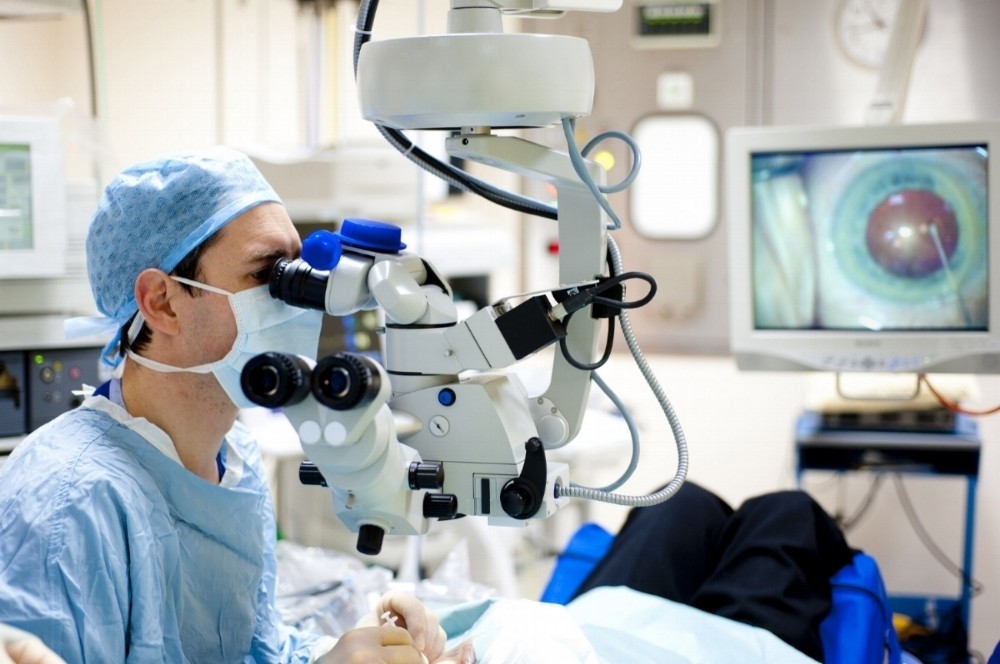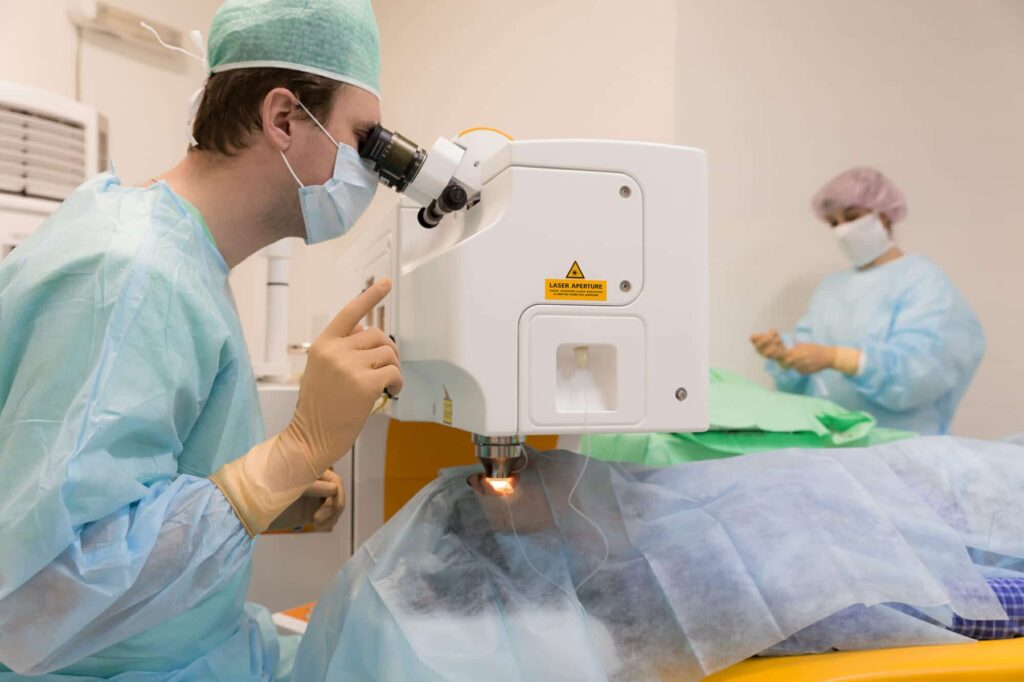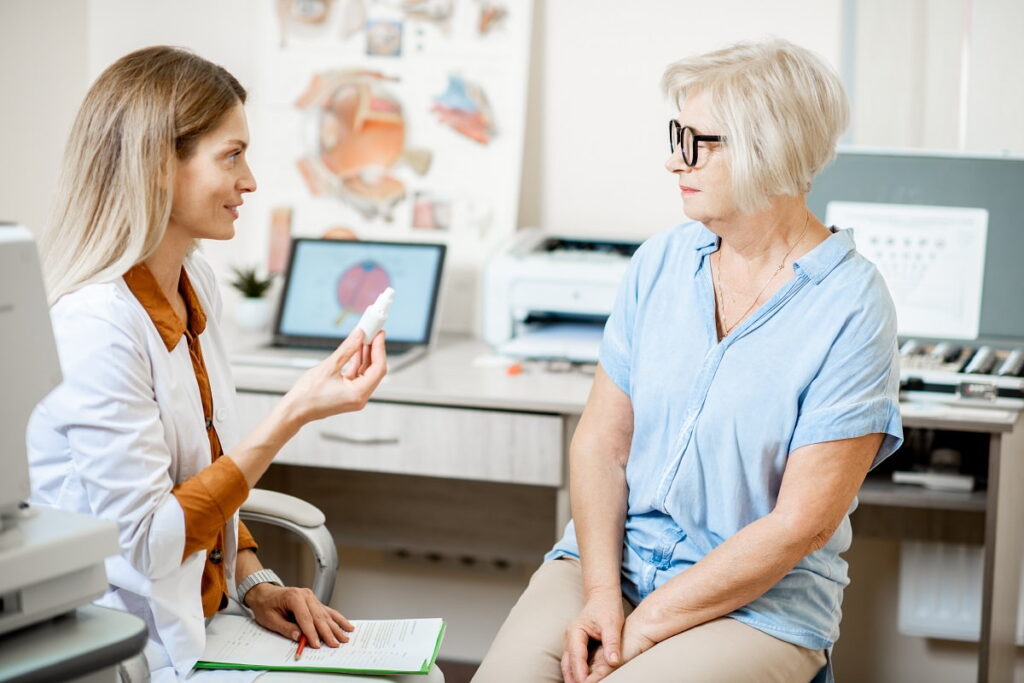How to Choose the Best Laser Eye Surgery in Sydney: vs LASIK vs PRK
Laser eye surgery in Sydney offers Australians multiple options to correct vision, including SMILE, LASIK, and PRK. Choosing the right procedure depends on your eye health, lifestyle, and vision goals. This guide explains the differences between each procedure, their benefits, recovery times, and costs, using SEO-friendly keywords like laser eye surgery Sydney, vs LASIK, PRK […]
How to Choose the Best Laser Eye Surgery in Sydney: vs LASIK vs PRK Read More »






